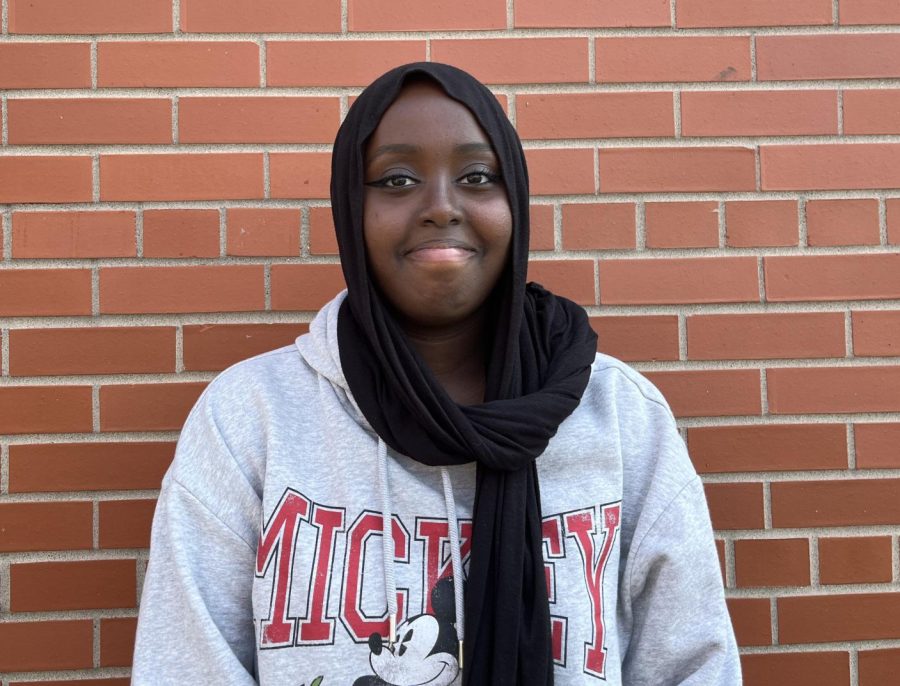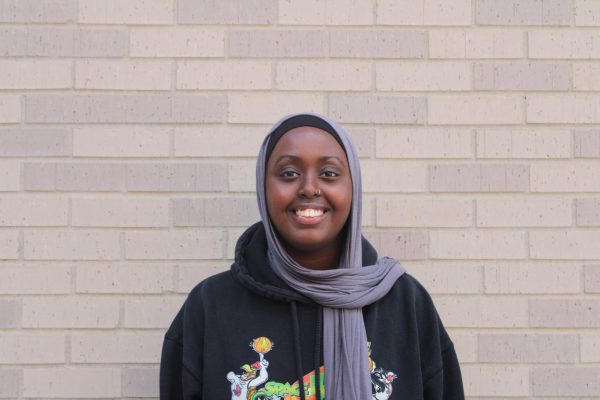Performative activism at Park
Land acknowledgement encourages conversation
October 14, 2022
With the district’s new land acknowledgement, things at Park still feel the same. Words are being said without direct action coming after. Every Wednesday morning, a recording is played over the speaker that says something along the lines of we are gathered on the Ojibwe and Dakota community, and how the district acknowledges that the land we are currently on was founded and built off of the erasures of many Indigenous communities. That acknowledgement also states how it is about dismantling the ongoing legacies of colonial power and the district’s goal to support the work of local Indigenous communities. The acknowledgement is a step toward the right direction, but it seems as if the steps have stopped. The land acknowledgement practically states whose land we’re on, acknowledges the erasure of Indigenous history and explains how Park has benefited from it. The main point of the acknowledgement is the fact that Park acknowledges what colonization has done and how that power is still here. I agree with everything that was said, but it doesn’t seem as if anything is getting done.
The acknowledgement explains what we already know, which is the fact that all Park schools were built off of the backs of the Ojibwe and Dakota people. My question is, are they planning on making sure it doesn’t happen again? Are they working towards adding more Indigenous history into our regular curriculum? These are the questions students of Park are thinking about. All that the acknowledgement is doing is acknowledging the erasure of Indigenous history and the power of colonialism. In the article, they talk about making a commitment to dismantle the continuing impacts of colonialism, but I don’t see that happening.
Indigenous history is American history, so why isn’t it being talked about enough? The acknowledgement does a great job of acknowledging the issue, but that is all it does. When there is an issue, there is always a solution. So why hasn’t Park found a solution yet? What I do believe should be done is taking action.
A way to take action would be adding a class that teaches Indigenous history or teaching at least one unit of Indigenous history in every social studies class. An example of this is having Indigenous history be a course students at Park can take. If they decide not to take it, there should be at least one unit teaching about it in the classes we already offer. These units shouldn’t just be skimming over the history but they should be going in depth and giving students a basic understanding of the history. Another way of taking action is by amplifying Indigenous students’ voices. Instead of these voices being talked for or talked over, we should simply listen to them. There could also be a club, just like there is the Latino Student Association.
At the end of the day, Park is going in the right direction with the land acknowledgement, but I don’t believe that the ‘right direction’ is enough. There are actions that would work in favor of amplifying Indigenous voices and dismantling the lasting effects of colonization that would work in favor of the acknowledgement. Instead of words that come off as performative, Park should be taking action and accountability for our past ignorance and our current performatism.




